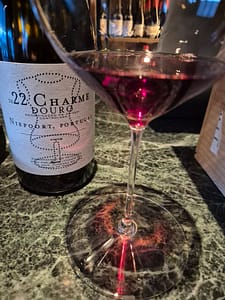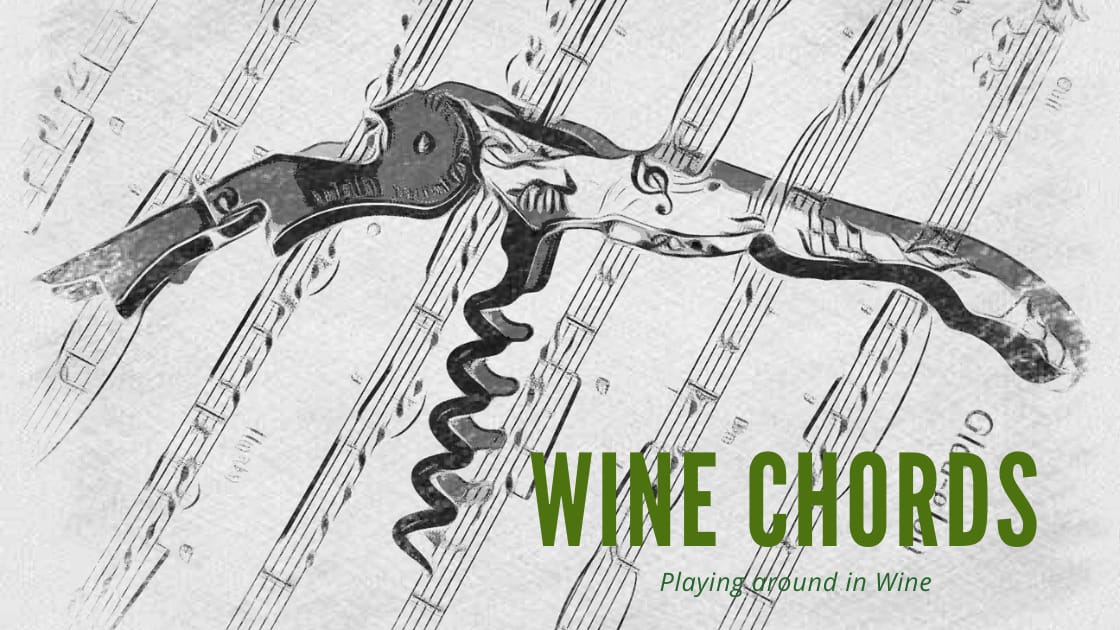Tonight at Tempo wine bar in Sandnes, Norway we were served this wine. This is Niepoort’s interpretation of his fascination for Bourgogne. It’s made from local grape varieties, but it’s light coloured and elegant, and clearly in line with the model.
Whole bunches were lightly foot trodden in granite lagares, before a short extraction. The fermentation was initially carried out in lagares and then the process was completed with 15 months ageing in used barriques. The grapes are tinta roriz and touriga franca

Charme 2022 (Niepoort)
Bright ruby colour. Aroma of red fruits (raspberry, strawberry), flowers, graphite, earth. Smooth in the mouth with fine tannins, aromatic herbs and slight caramel nuances, and a long aftertaste provided by the acidity. It’s an elegant wine, but due to a slight wood presence even better in a couple of years from now.
Price: High
Leave a Comment








